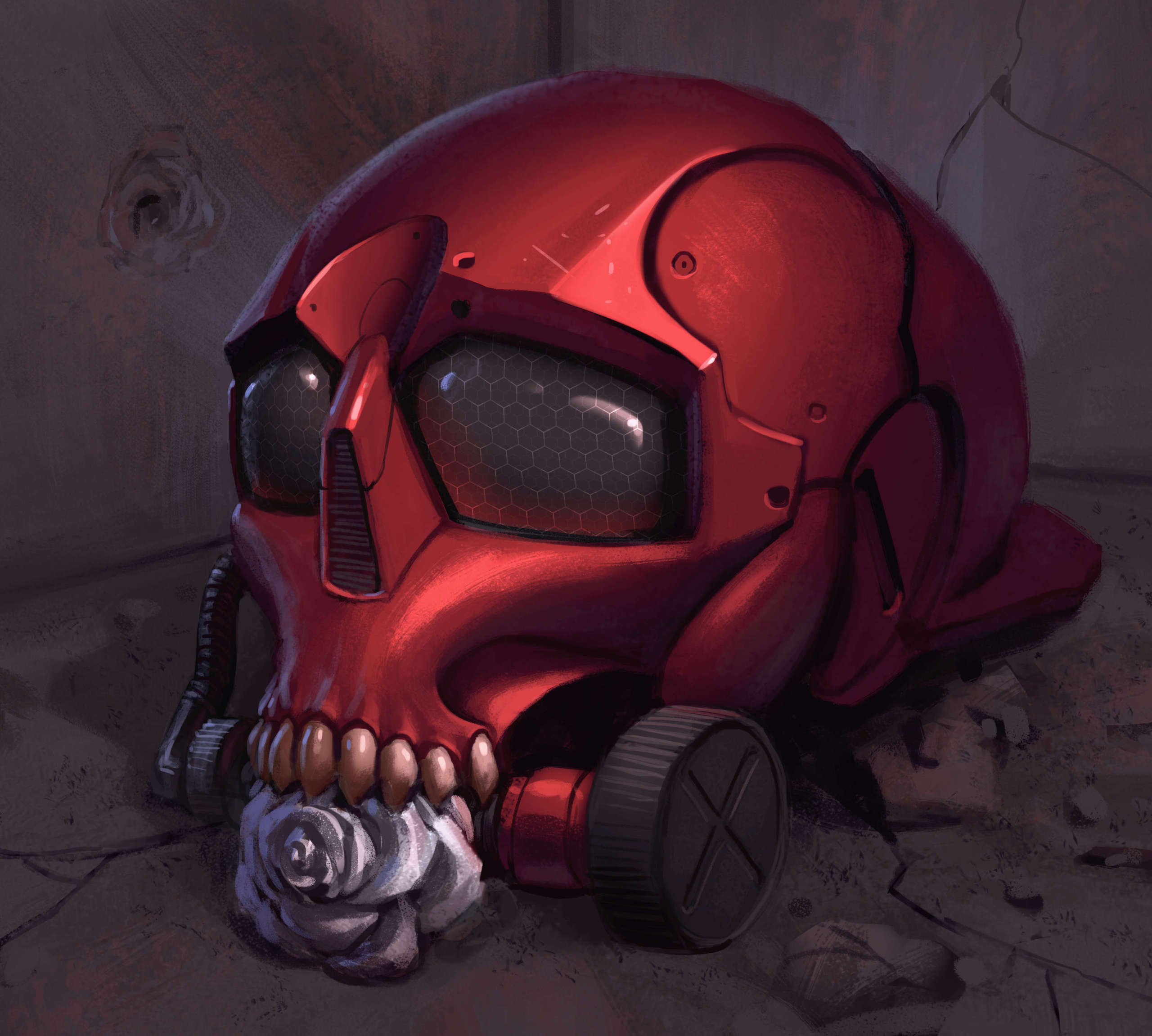Justice in the North
As with all outcomes in the North, the Comissar is responsible for bringing justice to their scutum, hence their other title sheriff. These “judicial” proceedings, called trials, can range from minor/petty offences to those of serious infractions. An audience is very rarely present for these proceedings. Last judgment may be considered an exception but these aren’t so much trials as they are executions. The two have different expectations. At its root, a trial is an intimate event and more or less about getting to the facts.
But trials are an uncommon occurrence in the scutum. One can only be initiated by the Comissar and usually when an offence is particularly nebulous or delicate—or for political reasons (i.e., to propitiate the soldier base). It is customary for the Comissar to seek the advice of others (or to give the appearance of it) by assembling a team. This collection of persons is known as the seeker team, composed of five members with the Comissar presiding over their number.
A trial is traditionally conducted in the Prima House. It begins with the accused stating their case before the imperator and his seeker team, then follows the victim stating their case. Any relevant witnesses are brought forward thereafter. From this assortment of testimony the Comissar and his seeker team must suss out the truth and come to a verdict. They may decide on that verdict without ever leaving the Prima House, or the imperator may decide to visit the scene of the crime, if there happens to be one.
A trial’s conclusion is theoretically covered in the Code. However, this is minutiae, and minutiae in the Code varies considerably with each scutum. This is to say, each shield follows their own rules for a trial’s conclusion. In Red Battalion, a trial concludes at nightfall on the same day of the trial with the verdict announced to the soldier base the following morning. Still, if the Comissar deems it necessary, he can break this norm and prolong the trial. Restlessness then can become a factor. A trial longer than three days is thought outrageous—to soldiers of Red Battalion, that is.
Trials are useful opportunities for the imperator to involve their servants in consequential matters that are rarely experienced by anyone outside of the Comissar. It gives soldiers the impression they have a direct influence on the outcome. Of course, this feeling is ultimately superficial. The Comissar decides on the verdict and what the requisite punishment will be. He can overrule the majority and his seeker team can do naught but high gesture and accept it. And though the seeker team can give their voice to the punishment that follows, again, the Comissar has the last say.
But as one man would argue:
A wise King listens to the counsel of those whose assistance he sought. For it never fails to endear him in the hearts and minds of his soldiers.
History
Justice, its ideals and lofty concepts, has a deep taproot in the consciousness of the North. It reaches back to an age before the War: when North, the Spiritmark and South were a united whole. When Magnesa the consitutional state existed. Magnesans took pride in their judicial system, associating it, in part, with their state’s greatness. But with the fall of man, war upended the status quo, and justice accordingly changed across the land.
There are no more institutions. No centralized system of customs and principles. Justice has become an arbitrary discipline of right v. wrong, but it has also become far less bureaucratic. In the North, as with the other regions, justice was too important to be left to mere soldiers, and so it fell to the Comissar. The Comissar being judge, jury and executioner. Since the Middle War when the scutum’s highest rank went through an evolutionary change by acquiring divinity, the imperator has held the scales of justice in their hands. At the launch of Fall of Sin, their judicial role has been defined and unchanged for over eighty years.
That said, trials did not emerge in the Middle War. They were used in the Ancient War as well in order to bring discipline to the scutum♦ while setting boundaries and establishing codes of conduct. Trials were commoner then, and modeled differently. Prior to the Middle War, a trial actually had separate roles for judge, jury and executioner.
♦The modern scutum, circa GC 269, took many decades to develop. In the formative years of the War, the scutum was a different entity as Annals reveals. When the Ancient War ended, the evolution between the original scutum and the “new” scutum was sharp, while at the end of the Middle War, unrecognizable.
Execution
When situations require a bit more tact or where the particulars are not clear-cut.
Components & Tools
No physical tools are required other than the tools utilized by the accused and then only if applicable to the case at hand.
Participants
A trial is composed of the following participants—
- The Comissar.
- The seeker team, five members deep.
- The victim(s), defendant(s) and any relevant witnesses.
Observance
No special rituals or seasonal events or superstitious omens are required before a trial can be initiated. They commence on the Comissar’s orders.
